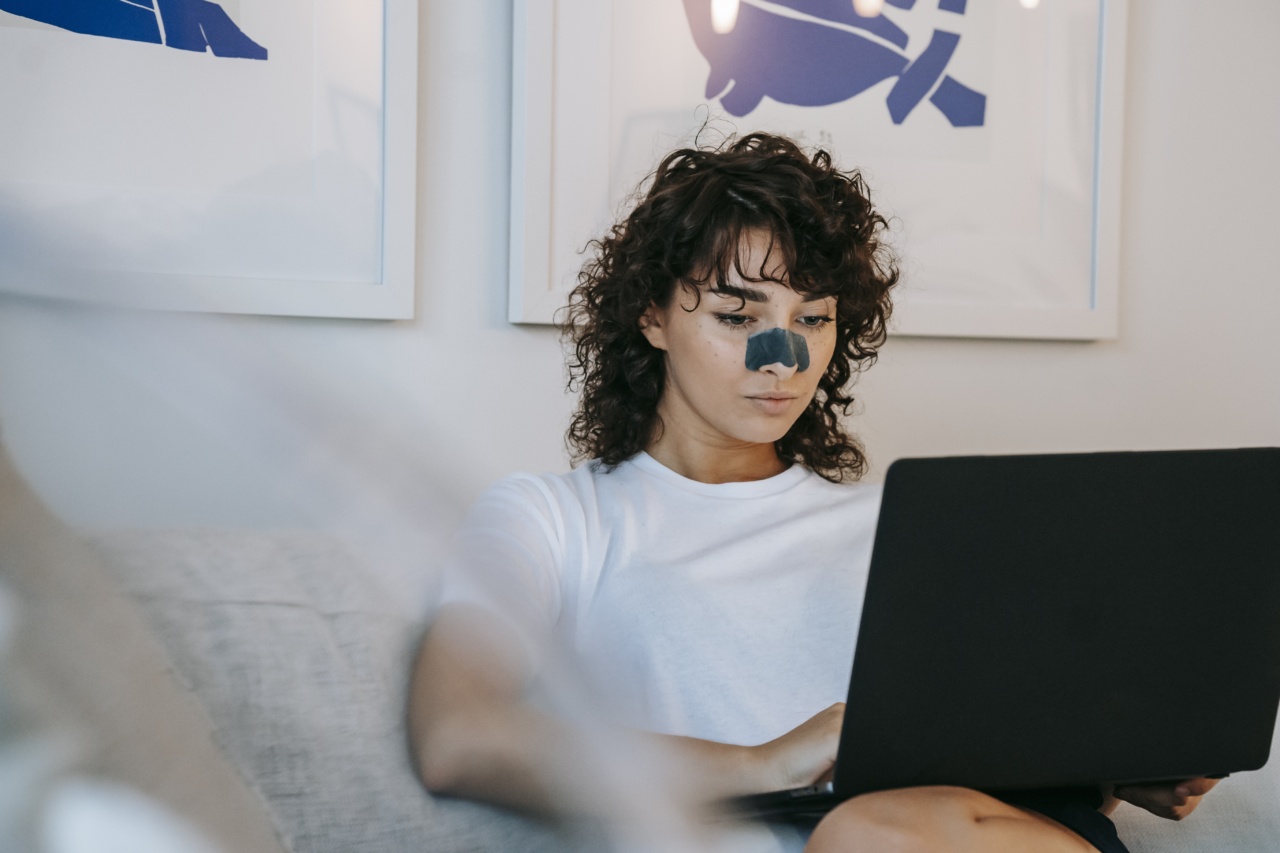Acne is one of the most common skin conditions that can affect people of all ages. It can be caused by various factors such as hormonal changes, genetics, stress, and unhealthy diet.
While there are many over-the-counter products and treatments available in the market, some people prefer natural remedies to get rid of acne. Home remedies are effective, affordable, and less likely to cause side effects. In this article, we will discuss some effective home remedies to get rid of acne.
Cleanse your face regularly
Acne is caused by the accumulation of oil and dead skin cells in the pores. Therefore, it’s important to cleanse your face regularly to prevent the buildup of oil and dirt. Use a gentle cleanser that suits your skin type.
Avoid using harsh soaps or scrubs that can irritate your skin and make your acne worse.
Tea tree oil
Tea tree oil is a natural antiseptic that can help kill the bacteria that cause acne. It also has anti-inflammatory properties that can reduce redness and swelling. Apply a few drops of tea tree oil on your acne using a cotton ball or swab.
Leave it on for a few hours or overnight. Repeat this process daily until your acne clears up.
Aloe vera
Aloe vera has antibacterial and anti-inflammatory properties that can help reduce acne breakouts. It also helps moisturize and soothe the skin. Apply fresh aloe vera gel on your acne and leave it on for 10-15 minutes. Rinse it off with lukewarm water.
Repeat this process daily to see the results.
Baking soda
Baking soda is a natural exfoliant that can help remove dead skin cells and excess oil from the surface of the skin. It also has anti-inflammatory properties that can reduce redness and swelling.
Mix one teaspoon of baking soda with a few drops of water to make a paste. Apply the paste on your acne and leave it on for 5-10 minutes. Rinse it off with lukewarm water. Repeat this process once or twice a week.
Honey
Honey has antibacterial and anti-inflammatory properties that can help reduce acne breakouts. It also helps moisturize the skin. Apply raw honey on your acne and leave it on for 10-15 minutes. Rinse it off with lukewarm water.
Repeat this process daily until your acne clears up.
Lemon juice
Lemon juice is a natural astringent that can help shrink the size of pores and reduce oil production. It also has antibacterial properties that can kill the bacteria that cause acne.
Squeeze fresh lemon juice and apply it on your acne using a cotton ball or swab. Leave it on for 10-15 minutes and rinse it off with lukewarm water. Repeat this process once or twice a week.
Cucumber
Cucumber has a cooling effect on the skin and can help reduce inflammation. It also has hydrating properties that can help moisturize the skin. Mash a fresh cucumber and apply it on your acne.
Leave it on for 10-15 minutes and rinse it off with lukewarm water. Repeat this process once or twice a week.
Green tea
Green tea is rich in antioxidants that can help fight inflammation and reduce acne breakouts. Brew a cup of green tea and let it cool down. Apply the green tea on your acne using a cotton ball or swab.
Leave it on for 10-15 minutes and rinse it off with lukewarm water. Repeat this process once or twice a week.
Garlic
Garlic has antibacterial properties that can help kill the bacteria that cause acne. It also has anti-inflammatory properties that can reduce redness and swelling. Crush a garlic clove and apply it on your acne.
Leave it on for 5-10 minutes and rinse it off with lukewarm water. Repeat this process once or twice a week.
Apple cider vinegar
Apple cider vinegar has anti-inflammatory and antibacterial properties that can help reduce acne breakouts. It also helps balance the pH level of the skin. Mix one part apple cider vinegar with three parts water.
Apply the mixture on your acne using a cotton ball or swab. Leave it on for 5-10 minutes and rinse it off with lukewarm water. Repeat this process once or twice a week.
Conclusion
These are some effective home remedies to get rid of acne. However, if your acne is severe or persistent, it’s important to consult a dermatologist. They can recommend the best treatment for your skin type and condition.
Remember to maintain a healthy diet, drink plenty of water, and avoid touching your face to prevent the spread of bacteria.































